Hungary has defended itself, proving once again that we can do it - Prime Minister Viktor Orban said during an interview with TV2's Tenyek (Facts) program. Mr. Orban underlined that while receding waters typically cause problems, this time it won’t be an issue, as the water's recession has accelerated. He added that it was crucial for the government and local authorities to work together in the flood defense effort. He also extended his gratitude to the water management teams and law enforcement for their work during the crisis.
A well-oiled sytem
PM Orban also highlighted a critical point in the professional flood defense efforts, one not widely recognized by the public. In some areas, the state is responsible for the defense, while in others, the local governments take charge.
If coordination is lacking, there can be unpleasant moments. Cooperation is key,
– Mr. Orban emphasized.
He recalled this
being the fifth major flood that he has witnessed as prime minister, adding that this time, cooperation was the smoothest.
This is likely due to our well-oiled defense system. The difference between the neighboring countries' and Hungary's defense is obvious,
– Viktor Orban added.
He pointed out that since 1965, Hungary has honed its flood defense capabilities. He praised the country's water management system and the expertise of its professionals, calling them a valuable asset. Although improvisation is still necessary in certain areas, it is now required less frequently than in the past.
PM Orban noted that
while the flood defense structures south of Budapest have been well-built, the northern areas - around the Danube Bend, Esztergom, and Szigetkoz - pose more challenges. In these regions, pre-built dams cannot be used for protection, and anything in the floodplain is at risk.
Minimal damage
PM Orban shared
that after each flood, water management teams prepare a report on what areas need improvement, just as they did following a flood in 2013.
He explained that, based on these reports, mobile flood barriers have been built in several locations in recent years. - "There’s always a debate about building cross dams, but I’m cautious about that," he added. He also mentioned that Hungary can prepare for any flooding more effectively, because the rising waters arrive 2-3 days later than in neighboring countries. He emphasized that a public health clean-up was necessary after the flood but noted that the damage was minimal.
Only little damage occurred, as the water stayed within the riverbanks.
– Mr. Orban explained, adding that
while there was some agricultural damage along the Leitha River, the major cost was the defense effort itself - the people on the dams, all the overtime work, and the supplies. Two million sandbags were filled with about 5,500 tons of sand, and 6,000 people were involved in the effort.
– Now that it’s over, we can talk about it more lightly, but this was a major flood - one of the largest on the Danube - and it will be remembered as such in the history books," he concluded.


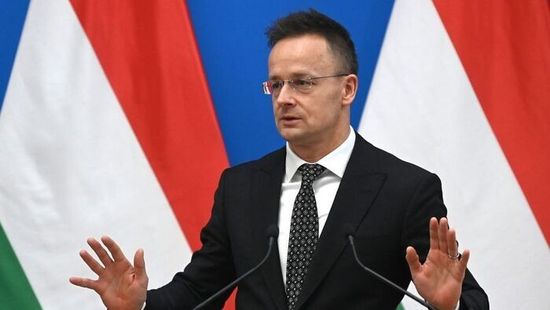

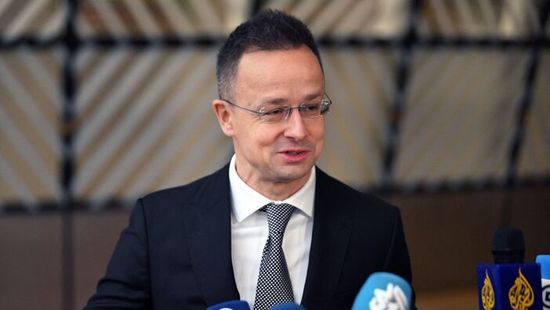

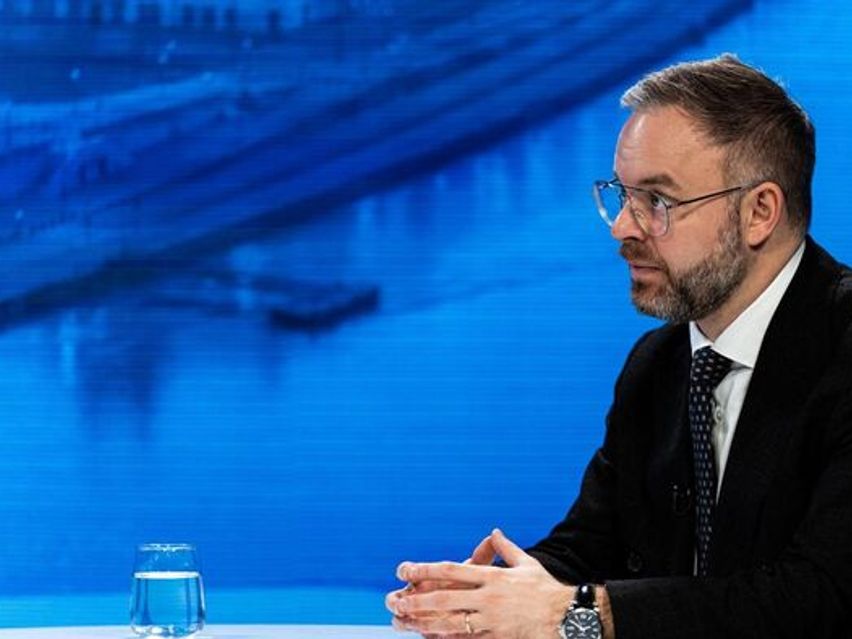


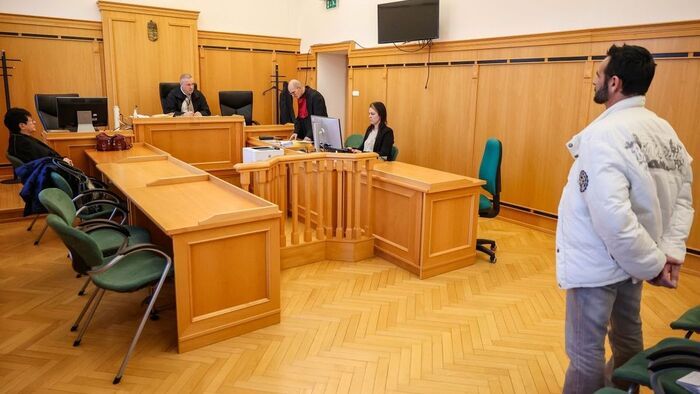



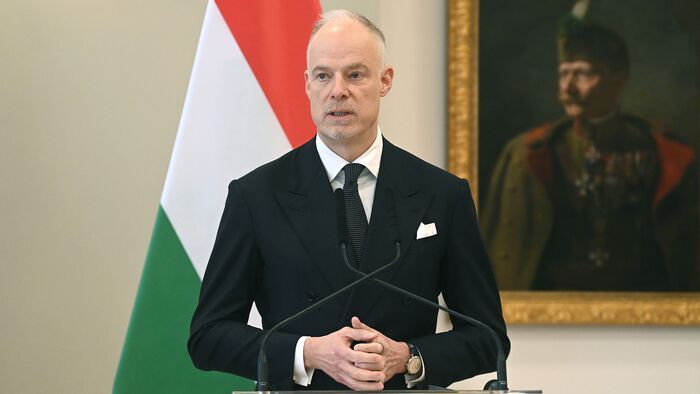

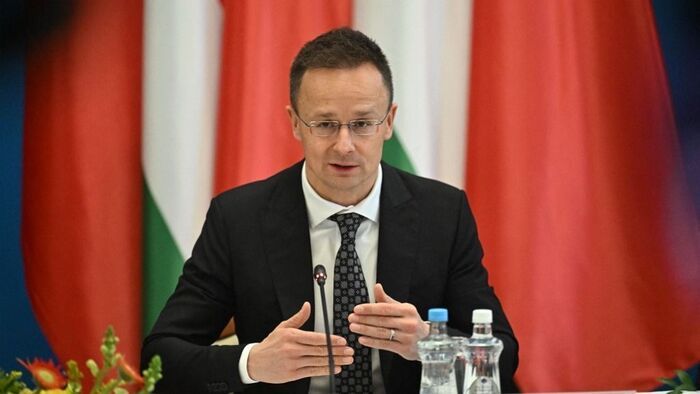






Szóljon hozzá!
Jelenleg csak a hozzászólások egy kis részét látja. Hozzászóláshoz és a további kommentek megtekintéséhez lépjen be, vagy regisztráljon!